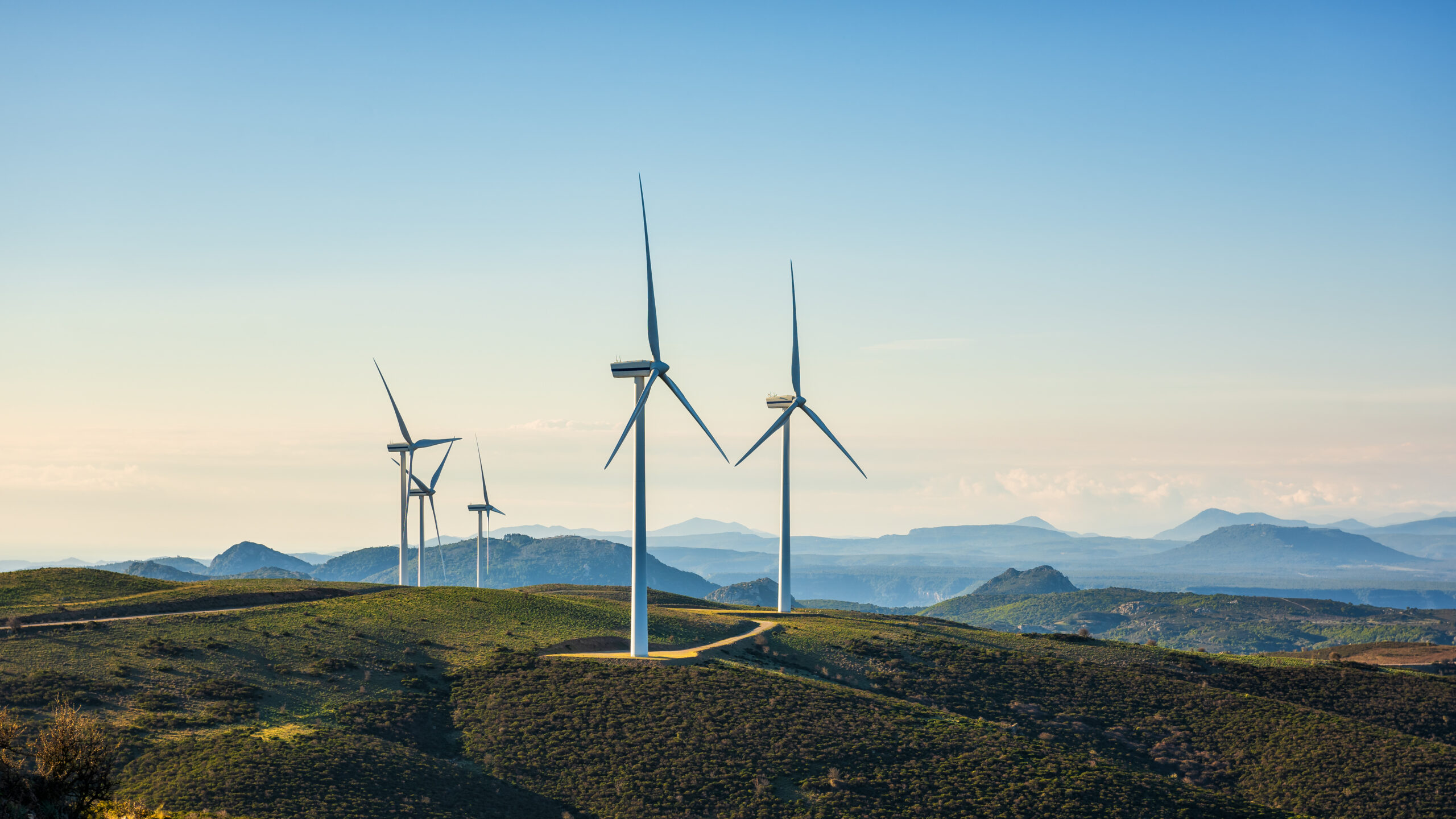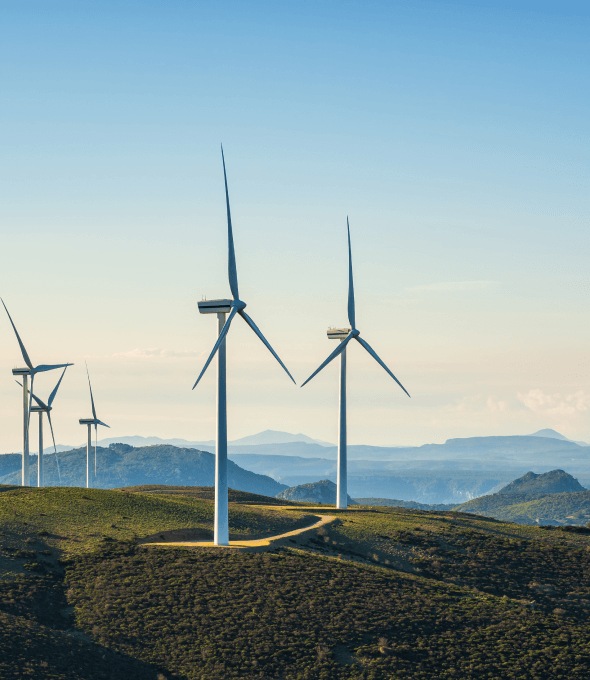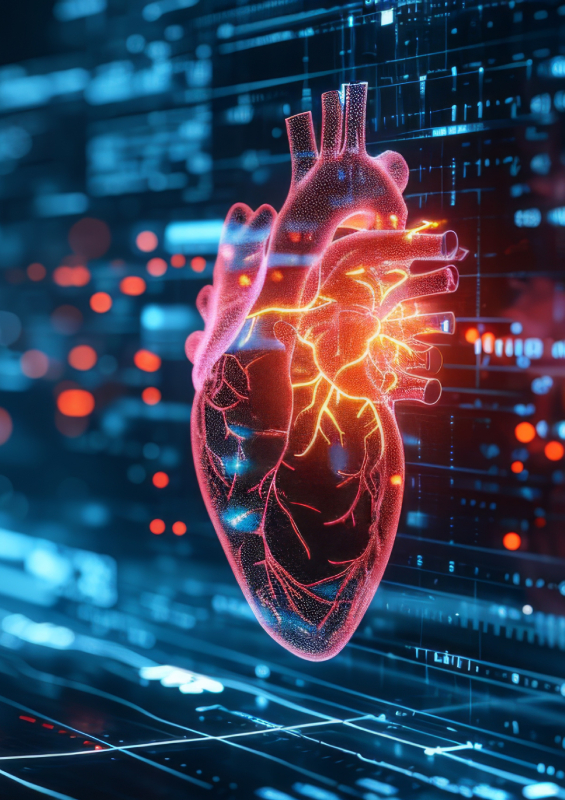
Elective major - Energy and Environment
This option of the ESEO engineering cycle trains engineers for careers in energy and the environment, capable of understanding and tackling energy issues. As managers and planners, Energy and Environment engineers manage, control and optimise energy consumption and make digital technologies accessible to the energy sector.
- Campus : Angers
- Prerequisites: Electrical Engineering and Renewable Energy
- Objective
- Skills acquired
- Teaching units
- Target professions
- Channel
Objective
In addition to ESEO's general engineering training, this option, offered in semesters 8 and 9, aims to train engineers in electronics and IT for the energy and environment sectors.
Skills acquired
-
Theoretical tools
- Electrical modelling
- Thermal
- Control/Command
- Data analysis
- Electrical Machines
- Power electronics
-
Software
- Matlab/Simulink
- LabVIEW
- dSPACE
- Control Desk
-
Applications
- Nuclear energy
- Renewable energies (solar – wind)
- Energy storage
- Energy transition and challenges
- Energy management, energy monitoring
- Energy trading
- Energy standards
- Industrial directives.
- I am a candidate
Teaching units
Semester 8
- Automation & data: 5 ECTS – 60.5h
- State-space modelling, Digital control, Artificial intelligence, Data mining
- Acquisition Systems: 5 ECTS – 56h
- MPPT control for PV systems, acquisition chain, rapid prototyping
- Energy transition & challenges: 5 ECTS – 65.5h
- Energy and societal transition, Fossil fuels and carbon accounting, Climate change and energy challenges
- Energy conversion: 5 ECTS – 60h
- Asynchronous motors, EMC, Design of low-tech aerothermal heating, Nuclear energy awareness
- Electrical systems: 5 ECTS – 46h
- Electrical modelling, Energy management project, Infrastructure-virtualisation
Semester 9
- Final year project (PFE): 12 ECTS – 140h
- Electrical Engineering: Synthesis project: 3 ECTS – 45h
- Energy conversion – Synchronous machines
- Clean Energy: 4 ECTS – 56h
- Solar -Wind – Hydrogen- Introduction to the financial market
- Measurement, optimisation and control: 4 ECTS – 56h
- Measurement and verification – Optimisation and identification of systems – Control and observation
- Energy Management: 4 ECTS – 56h
- Industrial directives – The challenges of energy performance in companies – ISO 50001 standard – Company and society
- Energy Autonomy: 2 ECTS – 28h
- Batteries – Energy harvesting
- Lectures: 1 ECTS – 11h
- Zetetics, Industrial efficiency
Semester 10
- End-of-studies work placement: 30 ECTS
- End-of-studies internship,
Target professions
Channel
The Energy and Environment option is part of the Electrical Engineering and Renewable Energies stream.
ESEO basics
1500
students
7000
alumni
53
double degrees
1700
partner companies
26
partner universities worldwide
100%
hiring within 6 months




















